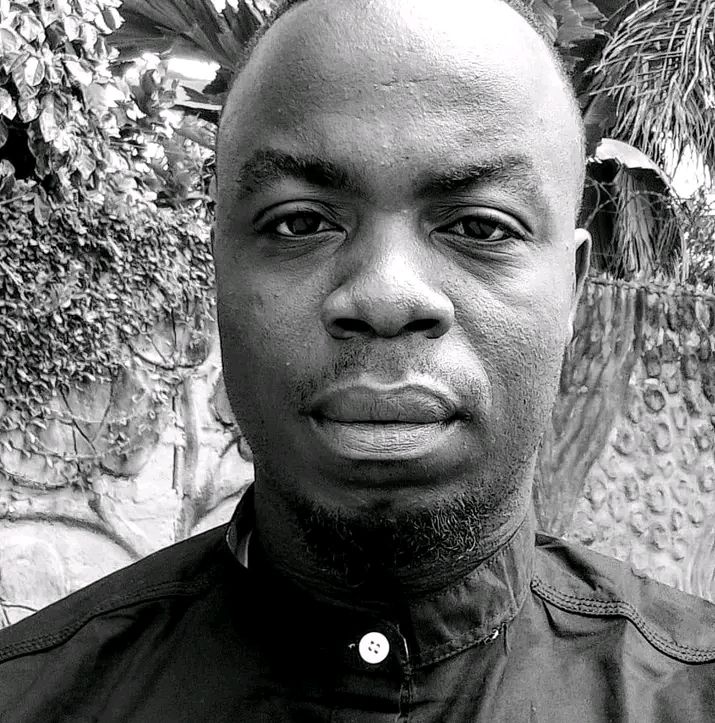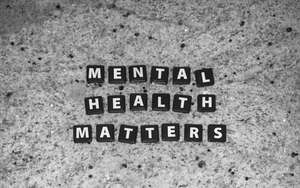
5 Common Myths About Mental Health in Kenya (And the Truth)
Reading Time: 2min
Talking about mental health in Kenya isn't always easy. Old beliefs and misunderstandings can create a wall of silence, making it hard for people to get the help they need. But when we replace myths with truth, we break down that wall together.
Let's look at five common myths and the real truth behind them.
Myth 1: "Mental health problems are a sign of weakness or a lack of faith."
This is one of the most painful myths. People are often told to "pray harder" or "be strong."
The Truth: Mental health conditions are real health issues, not character flaws. Just like diabetes or high blood pressure, they have biological and environmental causes. Being diagnosed with depression or anxiety is not a failure of faith or willpower. Strength isn't about suffering in silence; it's about having the courage to seek help.
Myth 2: "Only 'mad' people need therapy or counseling."
Many people picture someone who is severely ill when they hear the word "therapy."
The Truth: Therapy is a tool for anyone facing a challenge. It's for the student feeling overwhelmed by exams, the new mother dealing with loneliness, the employee burnt out from stress, or the person grieving a loss. Talking to a professional is a way to understand your feelings and learn healthy coping skills, no matter how big or small the problem seems.
Myth 3: "You can just snap out of it if you try hard enough."
This myth tells people that their depression or anxiety is a choice.
The Truth: You cannot wish away a mental health condition. Telling someone to "snap out of it" is like telling someone with a broken leg to "walk it off." It doesn't work and only makes them feel more alone and guilty for something they cannot control. Recovery often requires support, time, and sometimes professional treatment.
Myth 4: "Mental illness is caused by witchcraft or curses."
In some communities, distressing symptoms are misunderstood as a spiritual attack.
The Truth: While cultural beliefs are important, mental health conditions are recognized medical issues worldwide with well-understood symptoms and treatments. What might be labeled as a "curse" could be the symptoms of a condition like psychosis or severe depression, which are treatable with modern medicine and therapy. It's crucial to seek a medical opinion to get the right help.
Myth 5: "If you take medicine for your mental health, you'll be on it for life."
The fear of dependency stops many people from considering medication that could greatly improve their lives.
The Truth: For some, medication is a short-term tool to help them get back on their feet. For others with chronic conditions, it is a long-term support, much like insulin for a diabetic. The goal is not dependency, but stability and wellness. A doctor will work with you to find the right type, dose, and duration for your specific needs.
Why the Truth Matters
When we believe these myths, we keep people in the shadows, suffering alone. But when we learn the truth, we can offer support instead of judgment. We can be the friend who listens, the family member who encourages professional help, and a community that understands that mental health is just as important as physical health. Let's keep the conversation going.
















